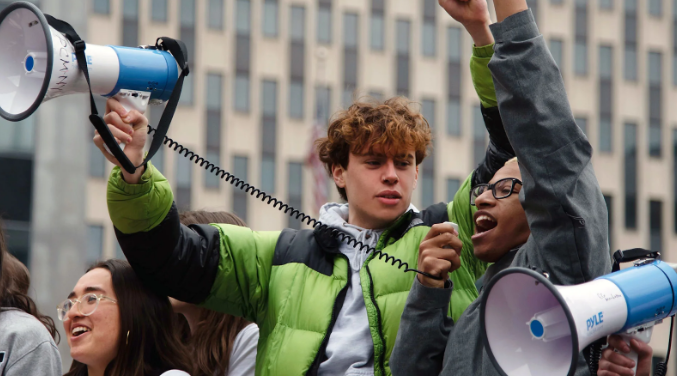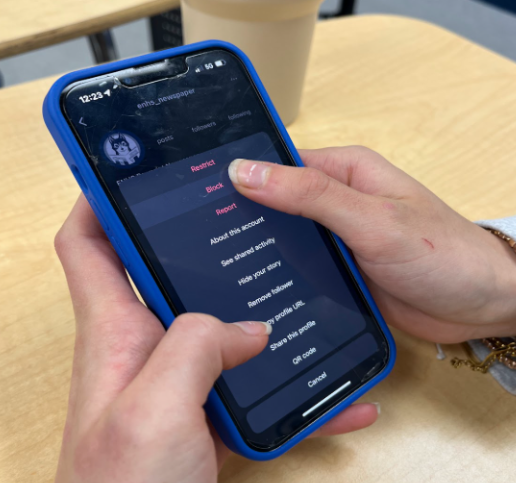Generation Z, the generation from 1997 to 2012, has been through a lot. From COVID-19 to an increase in gun violence to The Great Recession, it is clear that our experiences have vastly shaped how we treat the people and world around us. Making up roughly 32 percent of the global population, Gen Z is even larger than their millennial predecessors and one of the most racially and ethnically diverse generations yet.
Though this generation spans 15 years, younger and older Gen Zers have a common terminus that has defined how we operate in the world: the internet.
The most connected generation
The iPhone and smartphones took the world by storm from 2011 onward. Being able to access the internet without the use of the family computer or the library, Gen Z has had access to all the information and the most expansive and comprehensive view of the world of any other generation.
Smartphones have made it much easier to access music and entertainment, which has led to an increasing number of younger people gravitating toward music from older decades. This has also led to a much more even spread of music genre preferences within Gen Z.
Along with music, it has also become effortless and commonplace to engage with other cultures online. Because of this, Gen Z tends to be more open-minded. The internet has enabled our generation to understand and appreciate world cultures.
Constant connectedness also has its downsides. Widespread use of this technology has contributed to a rise in anxiety, depression and other mental disorders in Gen Z. On the bright side, Gen Z is also more likely to be open about mental health issues.
Just like the increase in mental health discussions, Gen Z is also discussing politics. When it comes to governmental and racial issues, both Democratic and Republican members of Gen Z tend to share similar viewpoints. From voters from both party alignments, 22% approved of actions taken by President Donald Trump, and 77% of voters disapproved of his actions. A majority of the political socialization that Gen Z experienced was due to consuming similar opinions on apps such as TikTok or Instagram.
Differences in how we view our futures
In 2009, older Gen Z teenagers witnessed the inauguration of former President Barack Obama, the first African-American president of the United States. When Obama took office, many teens shared hope for what his presidency would bring to the United States.
But now, the many teens of 2025 share a common hopelessness when it comes to the politics of our country that is only amplified by each new book ban, increase in tuition rates or new celebrity coming out as racist.
While we share a multitude of similarities, one of the biggest differences between the older and younger portions is our outlook on society and how that makes us view our futures. The latter half of Gen Z saw history be made with Obama, only for the newer half of the generation to have to watch as all that hard work goes down the orange-spray-tan-stained drain.
While the current political turbulence might lead some of Gen Z to despondency, our generation’s willingness to embrace change, connectedness and proactiveness has led many to activism. The latter half of Gen Z may have been dealt bad cards, but our empathy and unique way of connecting with the world will be the key to positive change in the future.








